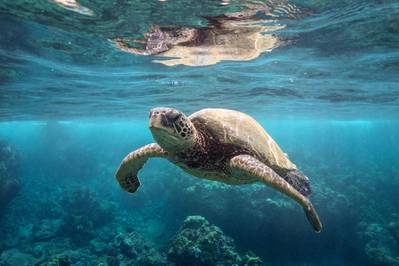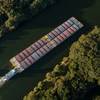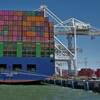There’s hardly anything that can’t be shipped in a container. However, for ethical reasons, Hapag-Lloyd refuses to transport certain goods.
Anyone who regularly transports goods for third parties, as a shipping company does, could theoretically just sit back and let the customers shoulder all the responsibility for whatever crosses the oceans in containers – as long as no laws are broken.
But having not been content with doing business that way for many years, Hapag-Lloyd has compiled a list of the goods that it won’t transport for ethical reasons. Among the items on the list are animals that deserve to be safeguarded even if they aren’t yet protected by international laws. For example, Hapag-Lloyd categorically refuses to transport whale or dolphin meat as well as any products made from them. The same goes for customers wishing to ship sealskins or hunting trophies, such as lions or other large animals. Whenever such requests are made, they are met with a simple but friendly: “Sorry, but that doesn’t come on board our ships!”
Hapag-Lloyd likewise refuses to transport turtles or mink skins, and it even goes further than the legal regulations in place by also excluding genetically modified microorganisms. Sure, anything can be written on paper, you might say, wondering if all of these rules are also really observed. But a recent incident involving a shipment of leather boots shows just how well this blacklist works across the world: Although the shipment seemed rather innocuous, it emerged from the cargo documents that a care product would be enclosed with every pair of boots – and that this product contained an oil extracted from mink carcasses.
Whether deliberately or inadvertently, customers sometimes make false declarations about their cargo. But to detect such cases, Hapag-Lloyd uses special software that constantly sifts through shipment information to detect anomalies. This “watchdog” program is outfitted with a set of more than 7,000 search terms, primarily related to hazardous materials, that is continually expanded and refined. In 2014 alone, the software raised more than 162,000 red flags, of which roughly 2,600 proved to be well-founded.














